By Marcus Brotherton
Darrell “Shifty” Powers was a soft-spoken machinist who never aspired to greatness. He was born, grew up, got married, raised his family, worked, retired, and died in Clinchco, a remote mining town in southwest Virginia. Aside from a few years he spent working in California and his years in the war, he seldom traveled outside his tiny hometown. Shifty was a self-described mountain man, a hillbilly. He enjoyed fishing, hunting, working in his vegetable garden, and shooting rifles at targets from his front porch. He began the war as a lowly private and ended the war as a squad leader, never leading a group larger than 12 men. After the war, he was never the boss of anything. He never held public office. He never made much money. He never chased any of the contemporary definitions of success—popularity, power, or position. Yet, despite this humble life, the world knows his name today.
Why?
Certainly much of Shifty’s notoriety has to do with his association with the Band of Brothers. Shifty Powers was a soldier with the now-legendary Easy Company, 506th Parachute Infantry Regiment, 101st Airborne Division.
The Band of Brothers formed and trained at Camp Toccoa, Georgia, under the tough and controversial Captain Herbert Sobel. After training stateside, the men rode the troop ship Samaria to Aldbourne, England, for further battle preparation. They parachuted into Normandy on D-Day and later into Holland for Operation Market-Garden. They fought their way through Belgium, France, and Germany, faced overwhelming odds, liberated concentration camps, and drank a toast to victory in April 1945 at Hitler’s Berchtesgaden hideout in the Alps. Along the way they encountered horrors and victories, welded themselves into a family of soldiers, and helped swing the tide of World War II and, ultimately, the course of history.
The company was first chronicled in 1992 by historian Stephen Ambrose in his book Band of Brothers. In 2001, Tom Hanks and Steven Spielberg turned Ambrose’s book into a 10-part HBO miniseries by the same name. The series won six Emmys and numerous other awards and still runs frequently on various networks around the world.
Shifty Powers fit well into this group of elite soldiers. His paratrooper unit didn’t have snipers by name, but if a man was particularly handy with a rifle, he could qualify as an “expert marksman.” Shifty Powers was one of only two men in a company of 140 soldiers who initially achieved this designation. When it came to shooting rifles—and hitting what needed to be hit—he was the best of the best.
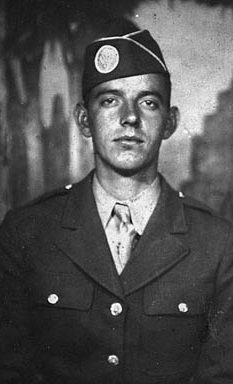
Fellow soldier Earl “One Lung” McClung described Shifty this way: “He was an excellent shot, as well as an excellent friend. On patrols, he knew exactly what he was doing—that’s why he was one of the very few old-timers in the company who was never wounded. He had the best ears of any man in the company. He could hear anything, including enemy sentries, better than most men, so he would often lead our patrols. Shifty Powers was a great man, one of the kindest people I’ve ever known. I’ve never heard him say anything bad about anyone.”
Despite his fame today, Shifty wasn’t portrayed prominently in the book or the series. He wasn’t a main character, like Major Dick Winters. Shifty didn’t have a single episode in the miniseries that focused on him, like Doc Roe did. You never heard Shifty’s interior monologue throughout an episode, such as you did with Carwood Lipton’s. Yet, in spite of that, Shifty Powers has become well known today, for at least three reasons.
Played by actor Peter Youngblood Hills, Shifty was one of just a handful of men to be portrayed in all 10 episodes of the HBO series. He’s seldom seen in a main role, but he’s solidly (and perhaps strategically) placed in the background of many scenes. He was the sharpshooter in Carentan the men called upon when they needed a particularly difficult shot taken. He was the rifle expert in Bastogne whom men asked to verify what kind of weapon was being fired at them. He could do it just by the sound. Shifty Powers was the type of quiet, go-to man that others could always depend on. That’s admirable.
Second, Shifty Powers (in real life, in addition to the series) was a gentleman. He was the good friend to everyone. For instance, when Private Walter Gordon is shown being ordered by Captain Sobel to run Mount Currahee alone as punishment for committing some minor infraction, Shifty is one of three men who voluntarily join Gordon on the run. Friends who knew him well say that he was exactly this sort of man in real life, one with a deeply altruistic and kind spirit. His granddaughter-in-law, Dawnyale Johnson, described him this way: “You just fell in love with him. He had this warmth about him. He didn’t care what you looked like or if you had a Ph.D. He was very honest—what you saw was what you got. He’d be the same person to Tom Hanks as he’d be to the person working at Food City.”
And third, Shifty is well known today because his death on June 17, 2009, came at an arguably hero-starved time in American history. Shifty is widely admired because his example helps us sort out what’s truly valuable in life. He was an ordinary man who trained to become the best and ultimately did extraordinary things. He did a difficult job well and didn’t call attention to himself. He came home from the war with his life intact and chose to live it in service to his family and community. Shifty’s life story is inspiring because it sounds so simple. It’s inspiring because it’s so rare.
What follows is the first chapter from the new book, Shifty’s War: The Authorized Biography of Sergeant Darrell “Shifty” Powers, the legendary sharpshooter featured in Band of Brothers. This work is a posthumous memoir that reflects the recollections of Shifty Powers’s experiences. Author Marcus Brotherton retold those experiences in Shifty’s voice.
General Taylor’s Lottery, Austria, 1945
By my 22nd birthday, you know, I had killed eight men. Eight that I was certain of, eight that I could plainly count. That information was stuffed deep within my gut, and if anyone ever asked if I killed someone during the war, particularly if a child ever asked, I vowed I’d shake my head no, that information was never coming out.
Less than a month after my birthday, the war was declared over. Everybody drank a lot of champagne, then this weariness set in. Everybody just wanted to go home. I think it was weariness we were feeling, anyway. It was hard to rightly put the feeling into words. Frustration, maybe. Like everybody else, home is where I longed to be, but I wasn’t heading stateside soon. A man needed 85 points to be discharged from the Army, and though I had trained at Toccoa as one of the original men in the company and served every day on the front as rifleman, scout, and sharpshooter in every campaign from Normandy forward, I didn’t have enough points. I was missing one piece of important battle experience when it came to Army thinking. Maybe it was a special angel looking over my shoulder, don’t rightly know, but I had dodged all bullets aimed my direction. Unlike most men in Easy Company, I had no Purple Hearts. In a company that suffered 150 percent casualties, I was an acute rarity. You see, I’d never been wounded.
Wasn’t complaining, mind you, wasn’t talking to anybody about the trouble I felt. Come war’s end we was pulling occupation duty in Zell am See, a middling-sized town in Austria near the foot of the Alps. Fine country to be soldiering in. No one was doing much work no more, some running maybe, some drilling to keep us sharp. Was a beautiful place, truly, with that glassy lake in the center of town. Why, shoot—compared to the aggravation we’d just fought through, the place we now stayed made a fellow feel almost lighthearted in spite of his weariness, as if he was relaxing on his front porch after a hard day’s work.
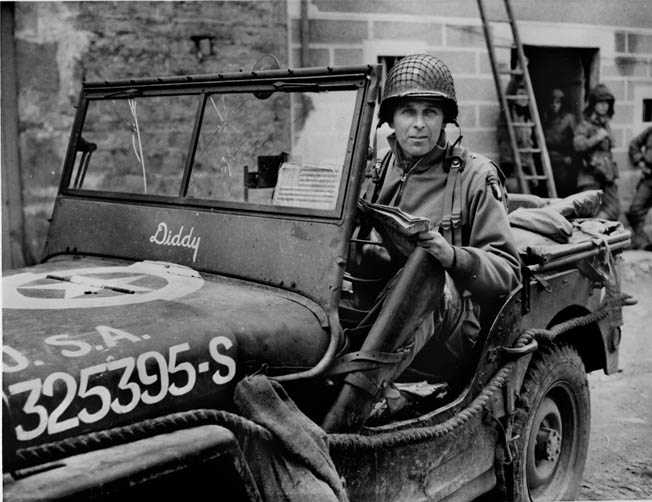
Not even the Krauts felt like stirring things much up. Most days you’d see enemy soldiers hike out of the Alps and surrender to Allied troops. They came down by the hundreds all hungry and beat down, such a far sight from the killing and fussing we’d just been through with them. A lot of those soldiers—well, I’ve thought about this often—that man and I might have been good friends. We might’ve had a lot in common. He might have liked to fish. He might have liked to hunt. ‘Course, they was doing what they was supposed to do, and I was trying to do what I was supposed to do. But under different circumstances we might have been good friends. When they surrendered, we’d set a couple guards on them, feed ’em, and that was how it was for us come the end of the war.
It’s funny how passing through a heap of combat draws your outfit tight as brothers. I guess some of the fellows in the company got to grumbling among themselves on my behalf. The high-points men only had about three weeks before they’d go home, but me, well, it might be another six months or year or maybe more. Rumors floated around about us joining the fight in the Pacific, and I was never one to shirk duty if it came to that. But if it was just the same as not, and hopefully that war in Japan soon would be finished, too, then I’d surely rather go home now and not later. I’d seen enough gore to last me forever.
Those same fellows must have been fussing loud enough for someone important to hear, because one sunny afternoon Captain Speirs led us in a troop formation near the town square, and I noticed one or two old-timers with unmistakable twinkles in their eyes. Wasn’t no doubt something was up, but I couldn’t rightly say what. Such a fine day it was that same afternoon, early June 1945, when all 140 of us in Easy Company assembled in the square. Most fellows you didn’t even recognize anymore. Replacements, they came in when one of us got wounded or killed. You’d try your best to pair up a replacement with one of the older men, a fellow who’d seen combat already and made it to the other side. If you made that pairing, well, you might get the replacement used to what was going on, he might get settled in, he might even make it. Was easier said than done, though. I know a few old-timers got so they didn’t care to learn a replacement’s name. As soon’s you did, why, you’d turn around and the boy’s guts would be bleeding, he’d be screaming for his mama, and after it happened more than once like that, well, you needed a certain wariness of who became your friend.
Three platoons formed a half circle around Captain Speirs. He barked out the usual “Company, platoons, ’tenshun!” and the stamp of our boots and clack of our rifles echoed off the cobblestones. Bordering the square was a manor and a steepled church, and when Captain Speirs growled “At ease!” the echo wasn’t as noticeable then, and we stepped apart and shook our shoulders a bit.
“General Taylor is aware,” Captain Speirs called out, “that many veterans—including Normandy veterans—still do not have the 85 points required to be discharged. On this, the anniversary of D-Day, the general has authorized a lottery to send one man home in each company. Effective immediately.”
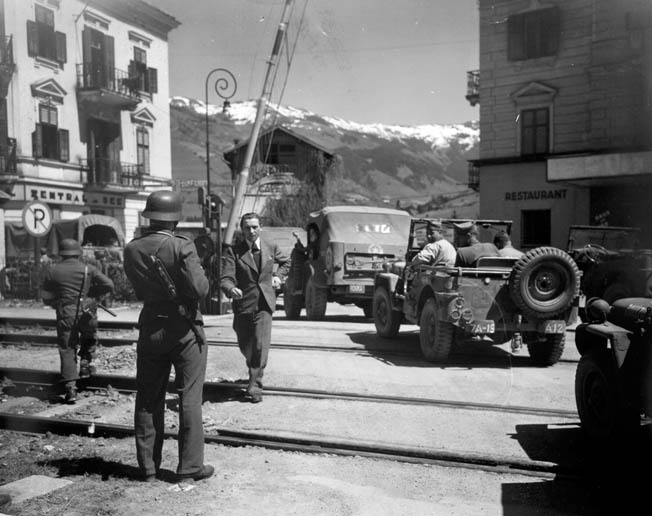
Several men gave low whistles at the good news. A fellow to my side swallowed loudly, his throat dry from possibility. Lieutenant Harry Welsh, a gutsy scrapper and our unit’s staff officer, fished his fingers around in an outstretched helmet filled with slips of paper that each bore a man’s name. Lieutenant Welsh paused, leveled his eyebrows at the helmet for a moment, smirked, I guess, then handed his chosen slip of paper to our commander.
Captain Speirs unfolded it and read the name silently to himself, then straightened his shoulders, his expression unchanged. We all leaned in and listened for the lucky name. I noticed a calm breeze stirring the early summer leaves of a beech tree to my right. Somewhere up on the forested hillside behind the manor came the high-pitched ti-ti-ti-ti-ti call of a grouse. “C’mon, c’mon, c’mon,” a man behind me muttered.
“For Easy Company…,” Captain Speirs drew his words out for emphasis, “… the winner is … serial number one, three, zero, six, six, two, six, six … Sergeant Darrell C. Powers.” His voice rose like a radio announcer as he said the last part of my name. The captain, known mostly for his fearless and killing ways, musta had a softer spot to him after all.
Cheers erupted from the men. Lieutenant Welsh’s smirk had turned into an indisputable laugh. “That’s how it’s done, Shifty!” someone hollered. I think it was George Luz, the fellow everybody got along with and who could do a dead-on mimic of anyone. Bull Randleman, a bear of a man and a fine soldier, grinned from several rows over and looked like he wanted to slap my back. “Congratulations, Shifty!” Randleman bawled. “It couldn’t have happened to a better man!”
I shook my head in disbelief. I had won General Taylor’s lottery. Home—I needed to let that sink in for a minute. A slight smile spread its way across my lips. Me, Shifty Powers, I was going home at last.
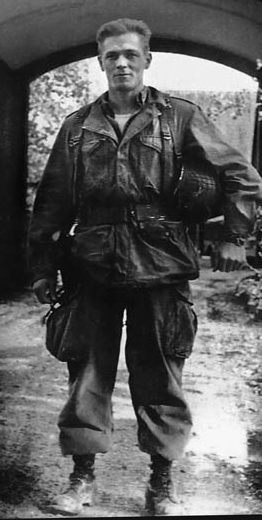
A Going-Away Present From Hayseed
As soon as the formation was dismissed, two replacements ran up to me and grabbed my arm. “I’ll give you a thousand dollars for that trip home,” said one, all breathless. The other looked like he’d do the same. Wasn’t no doubt they was serious. A few men won heaps of money gambling and such, and well, it was true: a thousand dollars would’ve meant a hill of money to a fellow like me. But I didn’t need to roll that decision over in my mind before I shook my head and said, “No, I think I’ll just go home.” So that was that.
One of the old-timers, Sergeant Paul Rogers, strolled up just as the replacements were leaving. Everyone called him Hayseed. He smiled as big as a sunrise and shook my hand. He was one of my best friends in the company still alive, and I was mighty glad he made it to war’s end. I didn’t know what to say to him except, “Shoot, Paul, I’ve never won anything in my life.”
Hayseed smiled even wider and shook my hand harder. “We all wanted this for you, Shifty.” His eyes bore that same twinkle I had seen earlier in some of the men. He handed me an empty duffel bag like he had been preparing for this and added, “C’mon, I’ve got something to show you.”
Hayseed was our platoon sergeant, a man tasked with caring for the soldiers nearest him. I didn’t have much gear to gather up, not many souvenirs from combat. Back when we went through Berchtesgaden I swiped one of those big red banners of Hitler’s with its black swastika. Didn’t know what I’d ever do with that big ole ugly banner, but I figured a find like that was something a down-home fellow like me didn’t come across every day. That’s about all I had.
We started walking. I guessed Hayseed was just leading me back to the barracks to help gather my gear, but soon we turned and headed toward a supply building a few streets away where I had spotted comings and goings. A single guard nodded to us when we reached the door. He rattled the lock and let us in. The building was windowless, pitch-dark inside. Hayseed switched on the overhead light. I gasped.
“Now, Shifty,” he said, “you go pick out whatever you want.”
Dadgum, if there wasn’t a whole room full of ’em. Confiscated from the Krauts. Stacked in boxes and lying on shelves and filling the floor. Guns. Heaps of guns, mounds of guns. Rifles and pistols and carbines and shotguns and submachine guns. A grin spread wide across my face.
“Figured it would make a fitting going-away present for the best shot in Easy Company,” Hayseed said, and handed me the duffel bag.
“Aw nah,” I said, and stepped forward. “You’re forgetting Buck Taylor. He’s a much better shot than I ever was. And Earl McClung, that’s for sure, best in the company by far. Now, back home in Virginia, you know, my daddy … now, there was a man who could shoot. Daddy was an excellent shot, yes he was. Why, that man could shoot the wings off a fly.”
“Just fill your sack, Shifty,” Hayseed said. But he wasn’t aggravated, not really.
I chose pistols, easiest to carry I reckoned. I’d already be taking my M-1 home and didn’t need the extra nine pounds of another rifle, so it was just pistols then. Ten, maybe twelve went into the duffel bag, fine pistols. As best find of the collection I spotted two .25 automatics, matched sets, pearl-handled, mighty fine pistols. Next to them lay two shoulder holsters for the pistols, one for the left, one for the right. I strapped those pearl-handled pistols directly on under my uniform jacket and beamed like I was getting ready to eat one of my mama’s homemade chocolate pies, my favorite dessert.
“Truck’s leaving soon,” Hayseed said. “Better shake a leg.” He shook my hand again for good measure. I nodded. Wasn’t no time for saying proper good-byes. I think we both knew the limitations of a man’s words at a time like that, for he swatted me on the shoulder, grinned wide again, and I nodded again. That was how we said good-bye.
One Last Talk With Major Dick Winters
Hayseed walked back to join the company. One more thing was needed before leaving, though—needed to ask a question. I knew what it was, but didn’t know how to coax that dang question out of me so it made sense when I asked it. It sprung from a particular feeling that’d been gnawing on my insides ever since the war was declared over. Really, I’d been feeling it longer than that, but the war’s end made me realize I was gonna need to get it out of me someday, maybe sooner, maybe later. It was rammed in my craw like a stuck piece of cornbread. That’s where I held it tight. So, I reckoned if any man would know the answer to that question, it’d be Major Dick Winters.
The major was quartered some streets away in officers’ housing. Upstairs and through the drawing room, the guard said when I knocked on the door, and the wood floors made nary a creak as I padded up. The major sat outside on the drawing room’s balcony. He was framed with sunlight, in contrast to the dark drawing room through which I glimpsed him at first. As I walked toward him, I noticed he worked at a small desk he had carried out there for his paperwork. A glass of drinking water rested on his desk. Far behind him, an afternoon mist lay hazy and warm on the hills overlooking the lake.
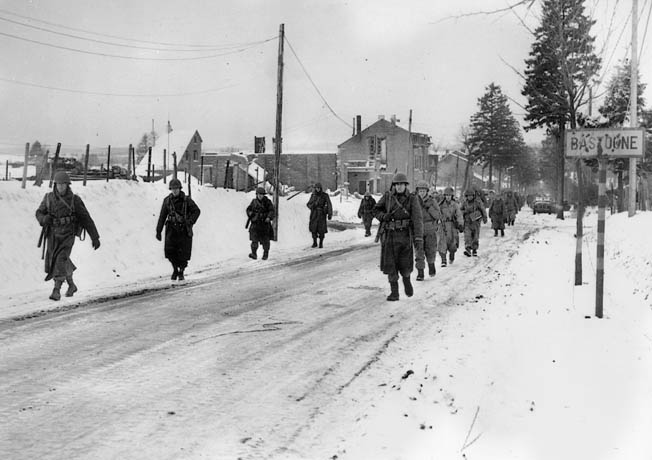
Major Dick Winters was with us in the beginning. Back at Camp Toccoa when we started training three long years earlier, he was a regular officer, a lieutenant and platoon leader in Easy Company, maybe 40, 50 men in his charge. He fought shoulder to shoulder with us and led us all through Normandy, where he became company commander. He was there in the rain and wind of Holland, the snow and blood of Bastogne, the shelling and muck of Haguenau. The higher brass all saw what an admirable leader he was, and all the time he rose through the ranks swift as a hawk taking off from its perch. By the time we were in Austria he had replaced Colonel Robert Strayer as commander of our battalion. Major Winters was now responsible for leading some seven hundred men.
“Don’t mean to interrupt you, sir. Just wanted to say good-bye.”
The major concentrated on the chart in front of him. He finished what he was reading, stood, and nodded at me.
“You know, sir … you was….” I searched for words, and tried again. “ You was….” I stopped, listened. Somewhere to my left water burbled from a creek. I decided to try again. “Well … it’s been a long time….” Wasn’t nearly the point I wanted to get across.
The major set down his pen on the table. “Got everything you need, Sergeant Powers?” His voice was unruffled, steady as it ever was.
“Yes, sir. I gathered up my loot. Pistols mainly. Paperwork will be done soon. I’ll get my back pay when I get down to headquarters.”
The major’s head gave a slight tilt to one side, inviting me to say what was truly on my mind. I shifted my dress cap from my right hand to my left.
“Well, back home in Virginia….” I began, then wobbled at the knees. A thought flew through my mind. It unfolded all at once, over and done with quicker than a hair trigger’s pulled, but I’ll try to lay it all out for you here so you see how my mind was churning just so.
Was that image of the water glass resting on the major’s desk that jumbled everything. That water—so clean—just sitting there anytime a fellow felt like a sip. It sparked a recollection of a time Easy Company was holding the line at Bastogne. We was completely surrounded by the Krauts, all freezing in the snow. Hungry, cold, dirty, smelly. Scared. Near our foxholes lay a frozen creek and we’d chop it for water. You seldom had a chance to light fires for ice melting, surely never when the Krauts’d see you. So our throats were dry most way through Bastogne.
This particular day the thirst’s got the company real bad, you know, and ole Wild Bill Guarnere and Babe Heffron are talking. They’re two of the toughest men in Easy Company and Bill says, “Babe, pick up that jerrycan over there. We need to get some water for the men.” One of the guys from another company had been out to the creek the day before with his bayonet, hacking away at the ice. His helmet was lying there now with a hole dead center from a .50-caliber. Some other fellow saw what happened. “Oh yeah,” the other fellow says. “A P-47 came down and was strafing and hit him—he was a kid from I Company—killed him instantly.” Babe says, “Geez, one of our own planes—friendly fire.”
In spite of the danger, we got to have water, you know, so Babe decides to go. The creek’s maybe 200 yards away. All the time he’s in the open, he’s glancing into the woods and we’re listening up into the sky, nervous at what we all know is out there but can’t be seen as yet. He’s near where that helmet is because it’s the only place to go, and fills the jerrycan quick and shuffles through the snow lickity split back to us in the woods. Bill hollers in a whisper, “Come on up, guys, one at a time, fill your canteens.” That’s the strategy. You couldn’t line up in a bunch. If a shell came in, it’d wipe out the whole group.
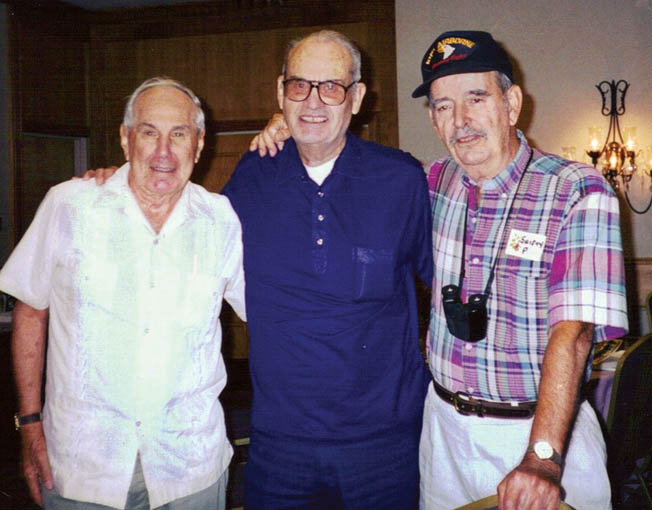
So the fellas go up one by one and get their water, and I’m near the end and I come up holding my canteen. They turn over the jerrycan into the container and Babe says, “Goddam, Bill, look at this,” and Bill says, “Aw Jesus,” and he’s looking at the last little bit of water in the can. They can only now see the state of affairs for what it is, now that the jerrycan’s nearly empty. It’s got pieces of the kid’s brains floating in the water, the kid killed by the P-47. Babe says to Bill, “What do you want me to do?” All our canteens are full of the stuff, and Bill’s like, “You gonna drink yours?” And Babe turns behind to the guys and hisses, “Throw your goddam water purification pills in your canteens.” So that’s what we drank.
“You see, sir….” It was back to the sunlight on the balcony, and I tried forming my question again in front of Major Winters, although my voice had a clear-cut crack in it now. “I … I just don’t rightly know how I’m gonna explain all this back home…. The things I’ve done. The things I’ve seen.” I swallowed hard again.
The major’s eyes glanced down at the table, then focused on me again. “You’re a hell of a fine soldier, Shifty. There’s nothing you need to explain.”
I got to studying his words a moment and my chin became more resolute. It was truly time for me to go. “Thank you, sir,” I said, and saluted.
The major returned the salute, then, to my surprise, held out his hand like a man might to a friend. We shook. As I turned to go, I noticed the glass still resting on his desk. The water still looked cool and clear, though tiny beads of condensation had slipped from its sides and made the table the slightest bit wet. Just like maybe the major’s eyes were. Maybe not.
The Long Way Home
The truck’s motor idled with a growl. The driver slapped his hand against the side of the door. “You the guy from Easy Company? Get in. Gotta get a move on.” Three other men lounged in the bed of the truck, the other lucky lottery winners, from Dog, Fox, and Headquarters Companies. I didn’t recognize them further than that.
The kid from F Company offered me a hand climbing up and the truck began to roll. Zell am See, Easy Company, K-rations, sleeping on the ground, the war—it was all behind me now. I regretted not getting a chance to say good-bye to my good buddy Earl McClung. He thought he had died and gone to heaven in Austria and was seldom around. His job was to hunt stag and chamois, those little goats with the hooked horns, so we had something to feed ourselves and the prisoners. Mostly he stayed up in the hills around town and camped out. We saw McClung maybe once or twice a week. I’d write him a long letter once I got stateside.
“Where ya heading, Jack?” the kid from D Company asked me. He had sandy hair and long legs that stretched in front of him. I wondered if he played basketball before the war, just like me.
“Clinchco, Virginia. Little coal mining town in the southwest corner of the state. You?”
“Other side of the country. Got a girl there. Gonna get married soon. It’s all home now.”
We grinned. The truck picked up speed and the wind whistled past our ears. The truck was taking us to headquarters so we could clear up our paperwork. From there it was a straight shot to the coast and a boat ride home. An American GI car pulled in tight behind us and looked like it might pass on the curvy road. It honked and the blare echoed off the mountain rock. I craned my neck up. Over the top of our truck I glimpsed another GI truck heading toward us as it rounded a curve. The driver must have been searching for something because he was inching across the center line. Maybe he was drunk.
“Get any good souvenirs?” asked the kid from D Company. “Me, I got some—”
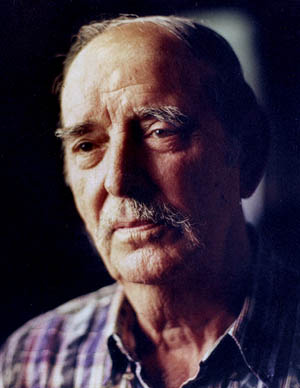
Don’t remember no fuss. Don’t remember no sound of metal against metal. Just remember flying ragdoll-style over the top of our truck with this car horn going off behind us. Echoing. Echoing. Bouncing off those rock walls. My wrist hit the middle of the road first and broke like someone snaps a twig while walking through the forest. My pelvis hit the blacktop next and something inside me rattled and busted, like a rock hitting a windowpane. My head hit the pavement last and I skidded along, still with the mind-set to wish the car behind wouldn’t run me over. All was black and blue for a moment and I fought to come back. My mind returned, and rubber tires were squealing and gravel was flying, striking my arms and chest like we was under fire. I saw the mashed-up cab of our truck from my periphery. That other truck was crunched into us, head-on. Steam and smoke gushed up and the motors were rammed into each other’s cab. I propped myself up, trying to scramble out of the way, but my arm buckled and my insides jumbled and I scrunched my eyes and tried not to holler at the pain.
A woman bent over me. She wore a long gray coat-dress, and her hat bore a tiny crimson cross. Don’t know how much time passed. The side of the road looked closer now, and she was flicking the seal of a morphine syrette, getting ready to stick my leg. The kid from D Company lay a few feet away, the kid going home to his girl. His sandy hair was matted red now, his long legs motionless, his complexion colorless when a medic pulled a blanket overtop his face.
The drug hit and everything got swirly and I thought about heading in for my mother’s homemade chocolate pie. So creamy and good, and I was there sitting in our kitchen again. Mama wore her Sunday dress with her best apron tied behind her and she was telling me to stay at the table and have seconds on dessert. Don’t worry about me, Mama, I said. My name’s Sergeant Darrell C. Powers, and I won General Taylor’s lottery. I’m coming home soon, Mama, I’m really coming home soon.
Epilogue
Shifty was in and out of army hospitals for a year following his accident. After the war he came back to the coal mines of Clinchco, Virginia, and worked as a machinist for the coal companies. He and his wife Dorothy had two children, Wayne and Margo. Wayne was named in honor of Shifty’s good buddy from Easy Company, Wayne “Skinny” Sisk.
This article is an excerpt from the book Shifty’s War: The Authorized Biography of Sergeant Darrell “Shifty” Powers, the Legendary Sharpshooter from the Band of Brothers by Marcus Brotherton, published by Berkley Caliber in May 2011.
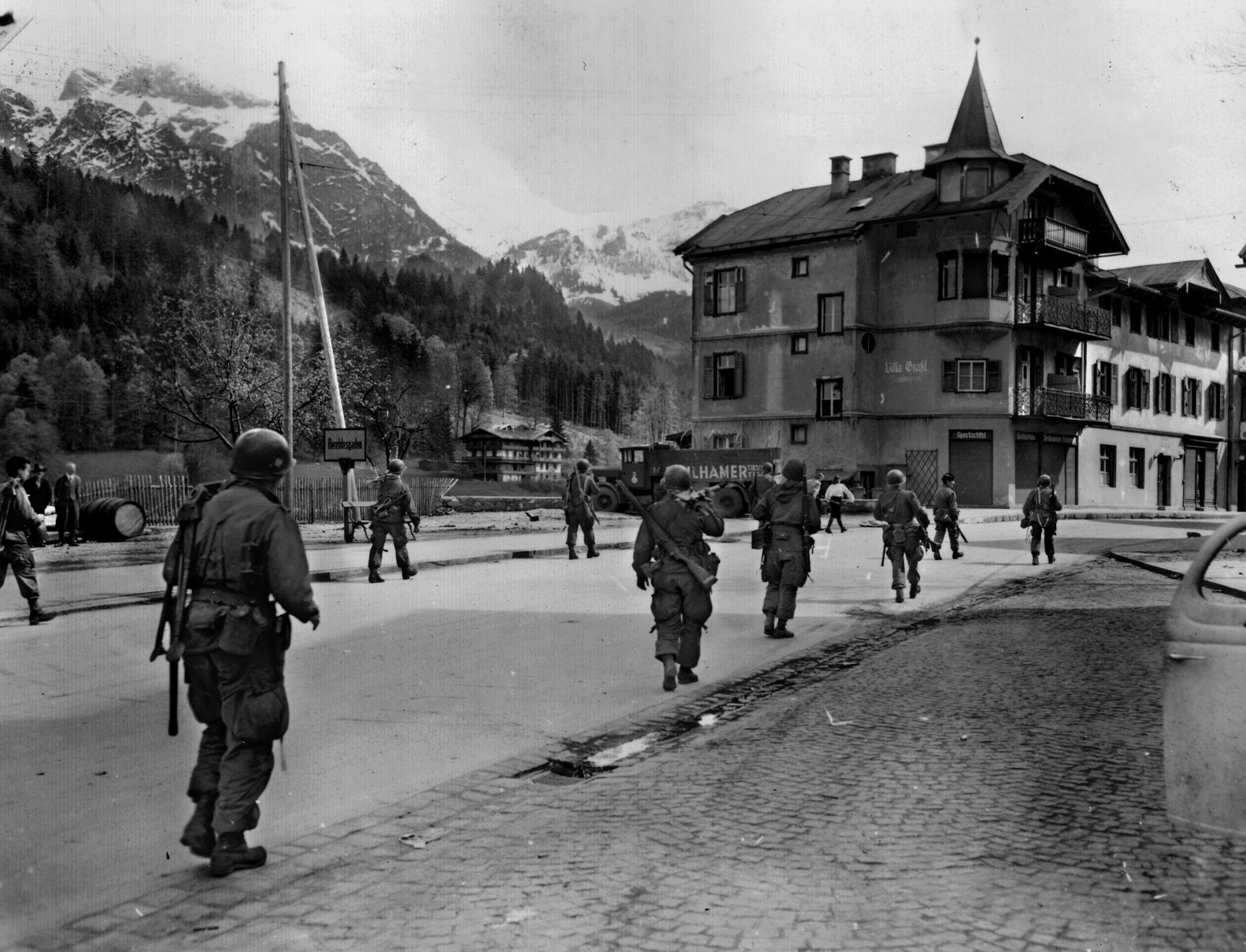
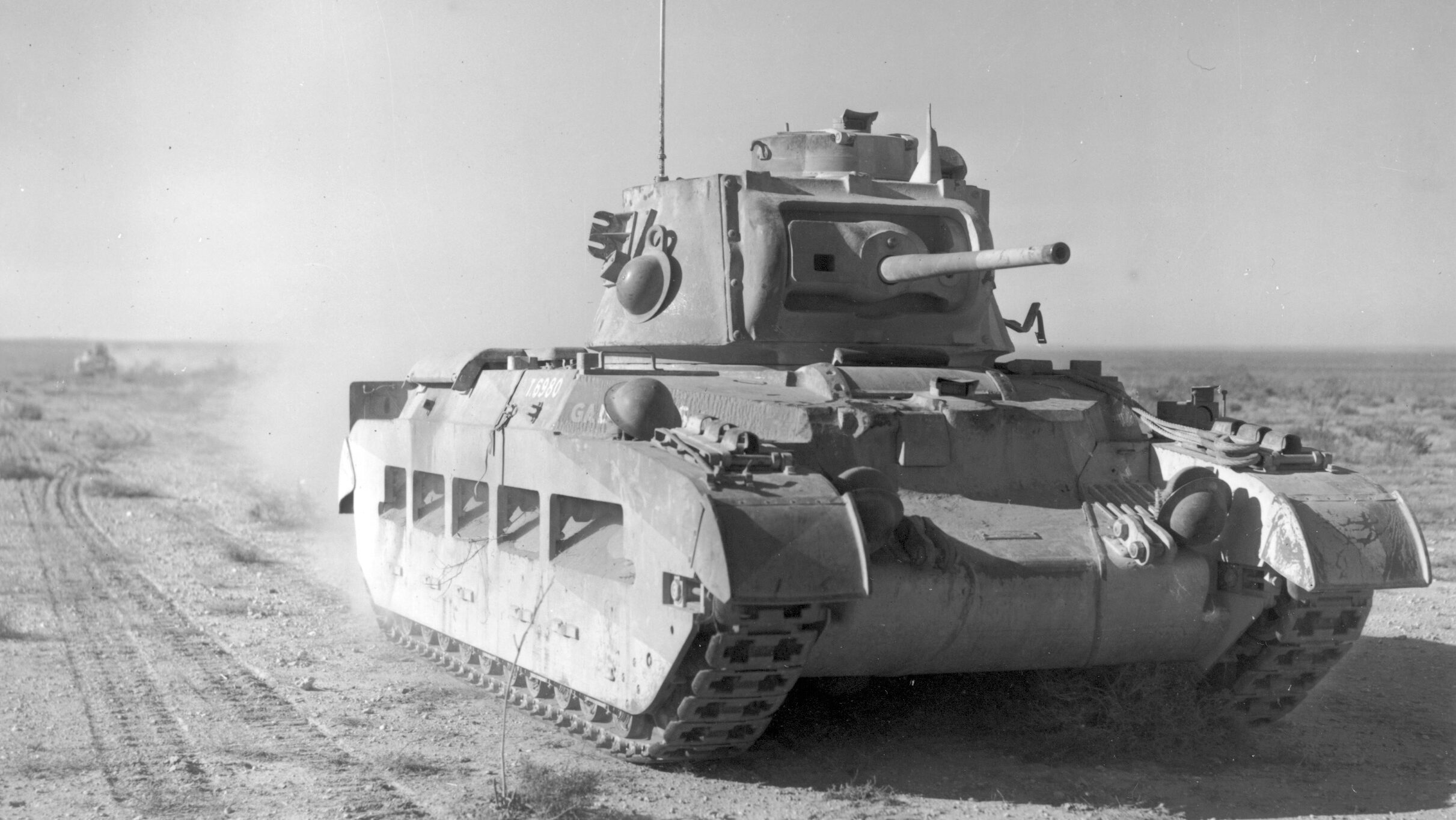
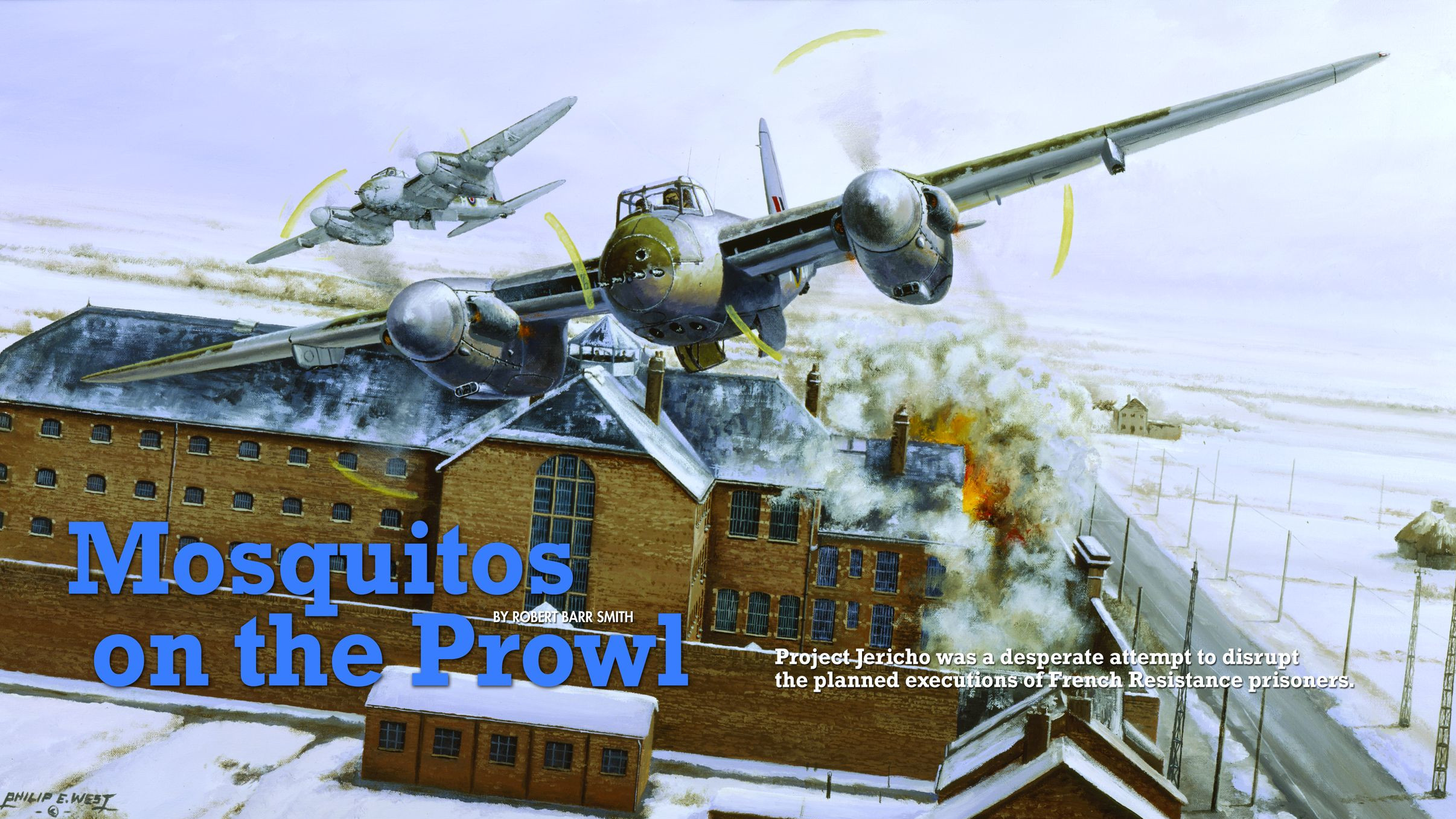
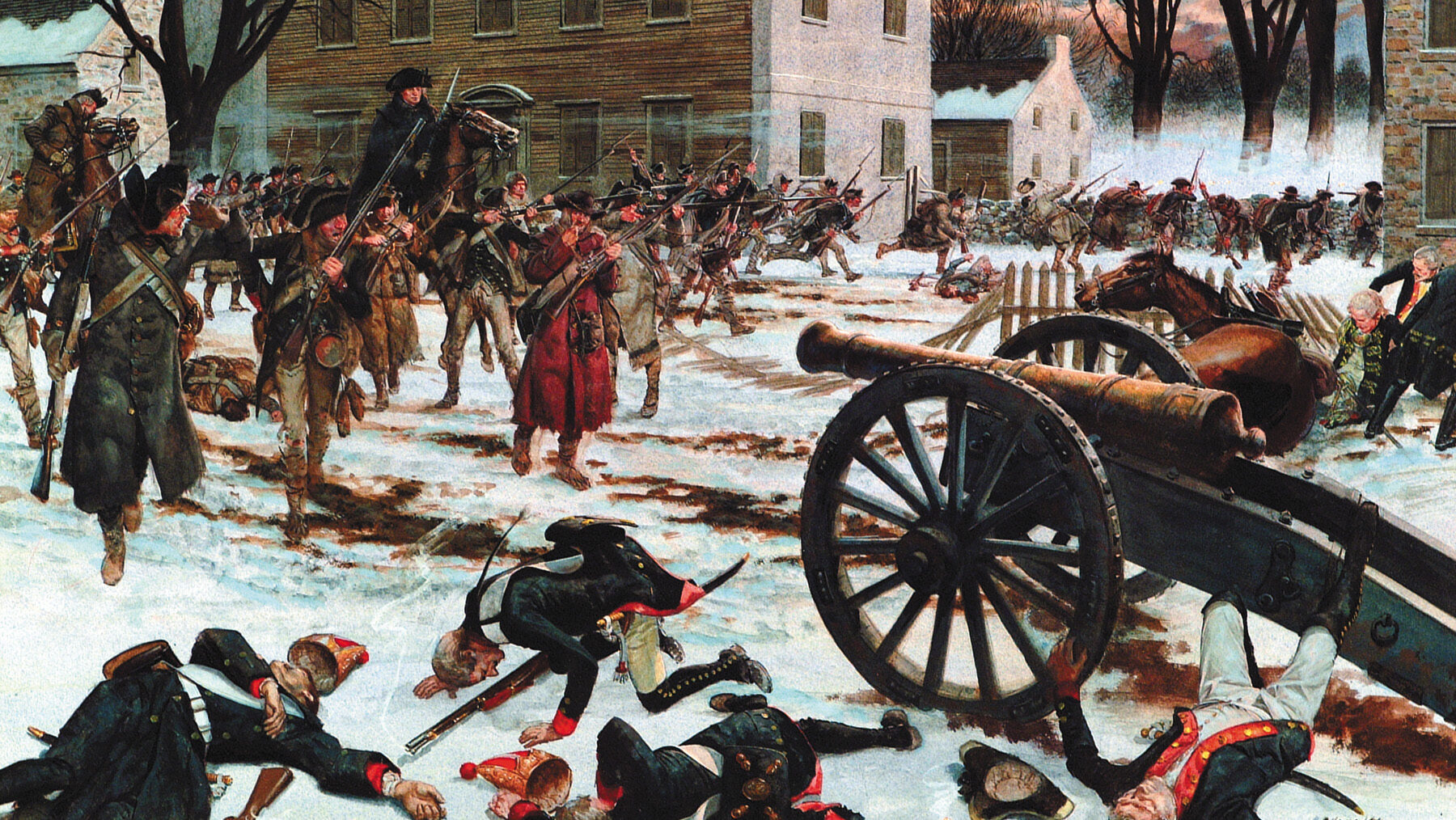

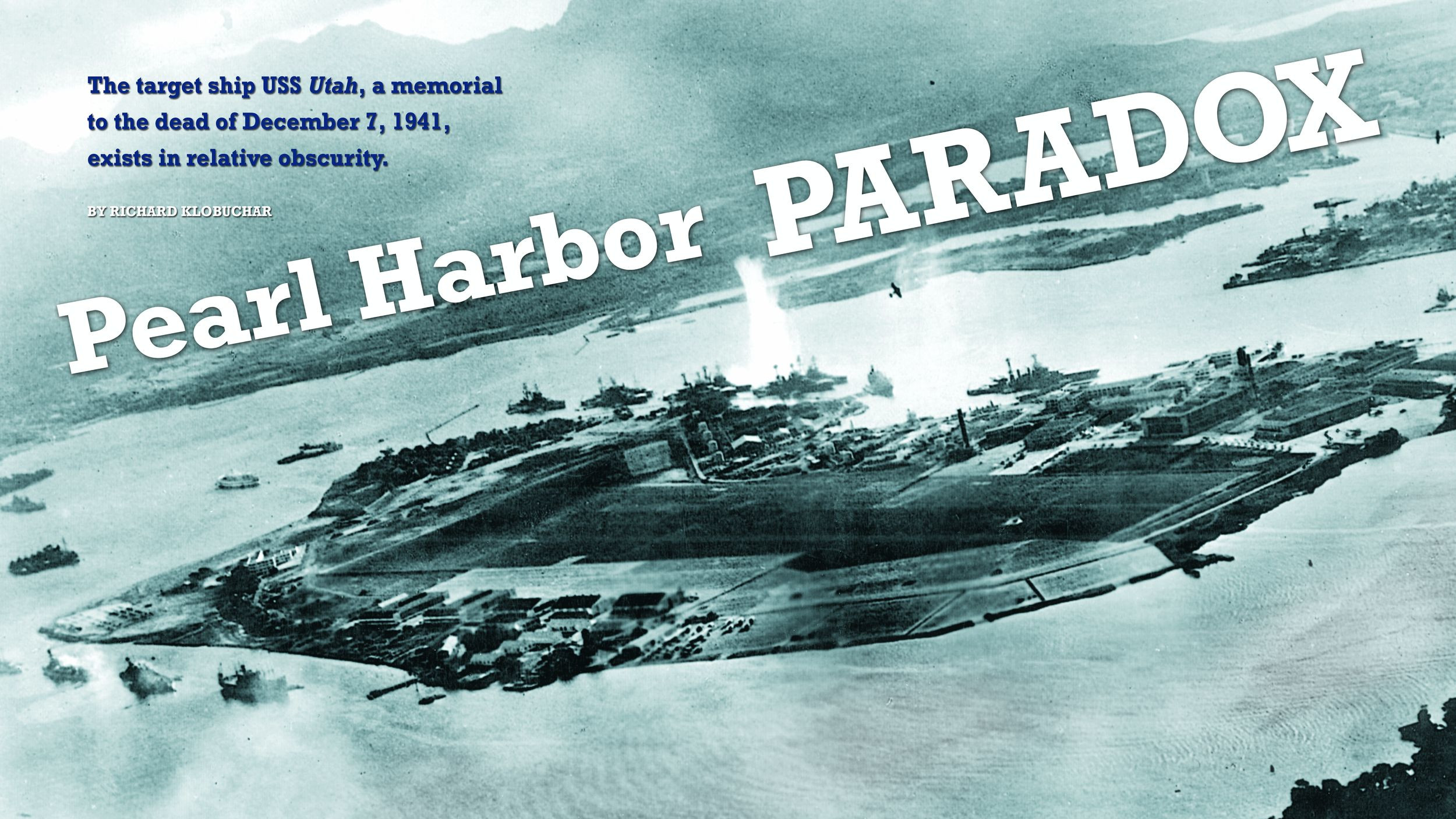
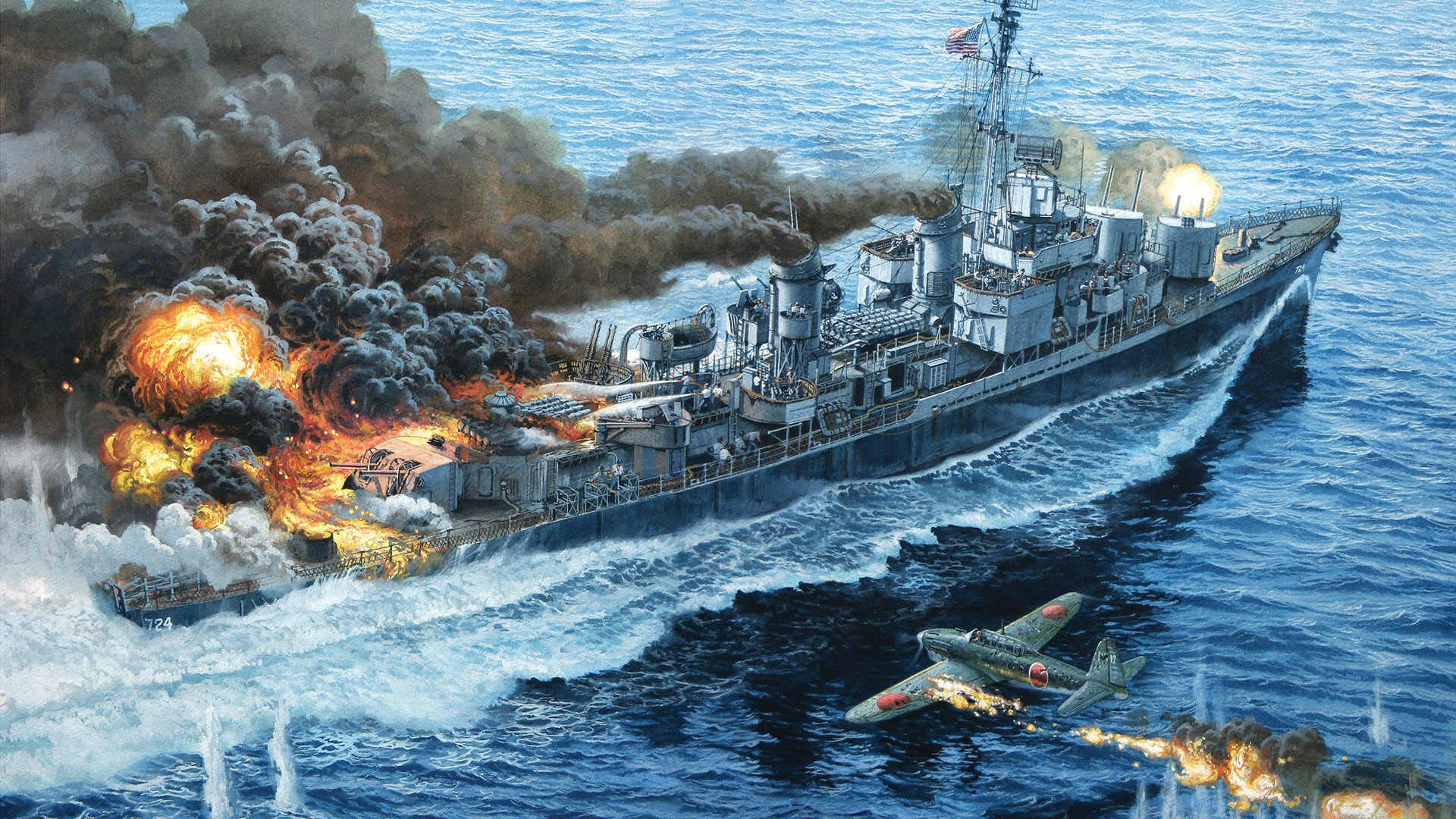
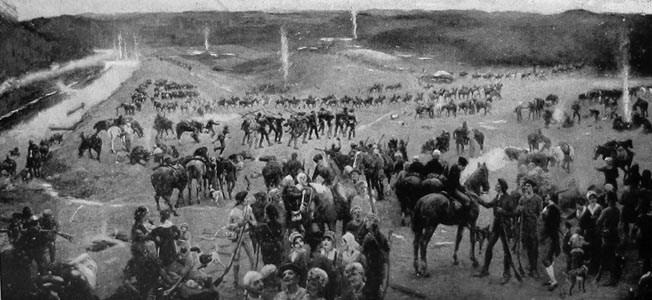
God Bless America with heroes like Sergeant Darrell “Shifty” Powers.
God bless all of them — the long and the short and the tall.
Excellent story of a good man. A fine soldier. We need more like Shifty.
What a true hero and a true gentleman.
Thank you Mr. Powers.
Great story of a true and humble american Hero! In the Netherlands, we are all still gratefull for his and his buddies’ sacrifices that brought us freedom!
Super article best I read in along time
Great article! My late uncle was a Toccoa man from Fox Co.506th. Look forward to reading the book! Thx!
Some story. These guys walked the walk. I knew Babe Hefron from Easy Company. He’d come into Dos Gringos bar in St. Pete. and drink one beer usually, they had just finished filming “Band of Brothers.” What an honor it was to know him.
Good men all, Heroes, those that stayed and those that came home to a thankful America.
Class gentlemen, Thanks/
TOO BAD THAT OUR POLITICIANS ARE NOT LIKE SHIFTY. WE WOULD BE IN A LOT BETTER SHAPE IF SOME OF THEM WERE.
Its amazing to see at my age late sixties veterans I so admire like Shifty. My first experience was live TV where a civil war confederate soldier and a union soldier were decked out and talking to each other on a live camera… both more than a century old. Then in my 20’s I met a well known ww1 vet (Dwight Kelly) … he was in his 90’s then. I grew admiring his humor and fun attitude about life. I also trained for Vietnam.. but my most endearing memory are ww2 vets… many my friends (Hans Jacoby) a German Jew that fled Germany in 1936 and become a hero and my dearest friend. I just wish I had a chance to meet Shifty.. just to laugh and see his generous smile. God Rest your Soul..
Mike Saigh
Thanks for this…enjoyed hearing the tales of the 101rst from Hank DiCarlo, Co. H. He talked of how they relied upon their best marksman when they were at Foy, on the outskirts of Bastogne…and when they attacked a German tank, the commander threw his hatch open–leaving the opportunity for their best shot to drop him…which he did. They then clambered onto the tank, throwing in grenades, which set the tank on fire.
Never underestimate the single soldier who can shoot well.
Thanks, Shifty. You did your duty…you had nothing to ”explain” to anyone.
Tom Fowler